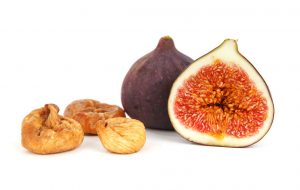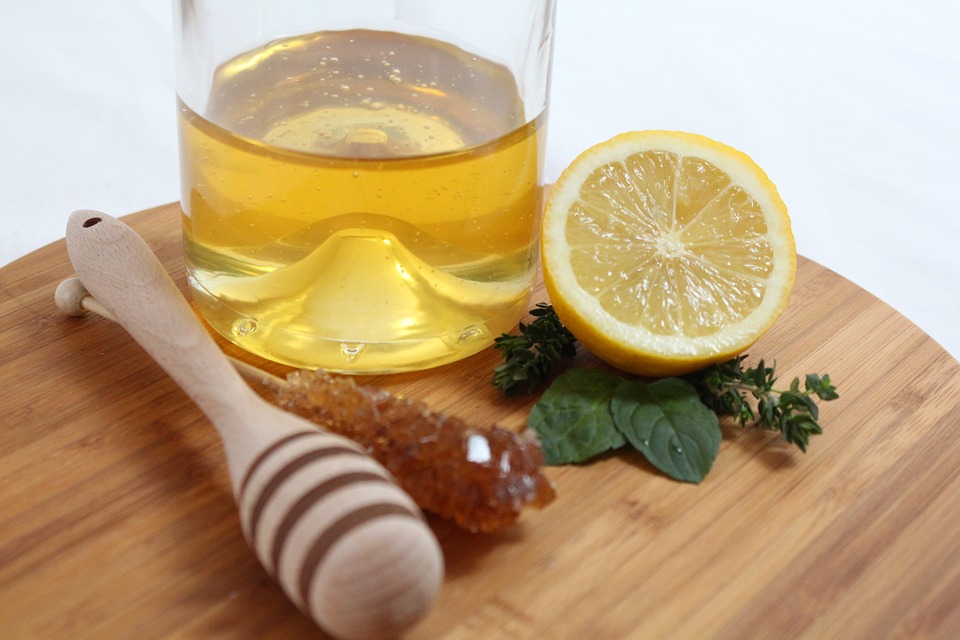
Stuff happens — especially as we age. Our lives and health generally change. The usual causes include children leaving the nest, divorce, the loss of a spouse or partner, changing financial circumstances or any one of a dozen other events. Often the outcome of these changes can lead to sadness, loneliness, depression and decreased immune function, with the resultant lowered health indicators. Our immune system is an essential key to our longevity and as we age it becomes more important to preserve its function and integrity, especially for those of us over 55 years old. One common question I have encountered is whether spiritual communities foster improved wellness for the baby boomer generation.
Exploring The Existing Research
An interesting study at Duke University Medical Center found that older people who attended religious services at least once a week were about half as likely as those who do not attend services weekly to have elevated levels of an immune protein, interleukin-6 (IL-6), which serves as an indicator of how well the immune system is functioning.
IL-6 indicates the presence of inflammation in the body. Inflammation has been implicated in most major chronic diseases, including heart disease, cancer, diabetes and Parkinson’s disease. This decreased level of IL-6 translates into a healthier immune system enjoyed by those with regular attendance at their religious community.
The Duke researchers, Dr. Harold Koenig and Dr. Harvey Cohen, studied 1,718 older adults in North Carolina, factoring into the outcomes the health conditions experienced by the study subjects. These included depression, chronic illness, and negative life events — all of which the researchers identified as likely to affect immune status. Even with these conditions, the improvement to the immune system in those who attended weekly services was evidenced.
The study was funded by the National Institute on Aging and first reported in the October 1997 issue of the International Journal of Psychiatry in Medicine, updated in 2004. These findings identified and suggest that religion or participation in a spiritual life community may affect immune function through better coping skills, psychosocial factors and the mechanisms by which organized religion promotes positive thoughts and behaviors.
However, there may be other factors at play as well. Feelings of belonging to a community, shared values, as well as the togetherness of a shared meaningful activity, such as worshiping with others, may be at the cause and effect of these findings.
Dr. Koenig, the lead author of the study, states:
“Perhaps religious participation enhances immune functioning by yet unknown mechanisms, such as through feelings of belonging, togetherness, even perhaps the experience of worship and adoration… Such positive feelings may counteract stress and convey health effects that go far beyond simply the prevention of depression or other negative emotions.”
This study also raises the theory that there may be a factor in participating in such a weekly ritual that derails the experience of loneliness, experienced by older Americans to a larger extend than younger populations, and that this factor may be part of the healing effect of the weekly spiritual community attendance.
Establishing Validity In Subjective Study
While Koenig had found similar outcomes in a different study a year before this study, those outcomes were based on personal interviews as markers for wellbeing and health status. In the latest study, blood samples were measured for the body’s chemicals such as alpha, beta and gamma globulins, fibrin d-dimers, lymphocytes, and neutrophils, which regulate immune and inflammatory responses, providing a more accurate and scientific measurement to the findings and in calculating how healthy a person actually is.
“There is so much subjectivity when people say they feel better that you can’t rely on self reports alone to truly reflect health status,” said Dr. Harvey Cohen, professor of medicine and director of the Center for the Study of Aging and Human Development at Duke. “By measuring blood levels of IL- 6, we were trying to put rigorous scientific parameters on the positive health effects of religion,” he said.
Dr. Cohen explains that the team selected IL-6 as it has been identified as contributing to a wide spectrum of various age-related diseases. Cohen’s own research identified a relationship between high levels of IL-6 and a “poor functioning ability, which is a term that is used for tasks of daily living such as dressing, cooking, bathing and so forth.
Physical And Physchological Benefits
Other studies have also shown IL-6 levels are elevated with diseases such as cancer, heart disease and high blood pressure in older adults. It seems that as we age our bodies decrease the ability to overcome the many challenges to our immune system and this leads to a decrease in its function and a greater vulnerability to all forms of illness.
The Women’s Health Initiative follow-up survey based on 92,529 post-menopausal women, at 50 years or older, identified that attending religious services increased life expectancy. This survey was taken with a diverse group of women who varied ethnically, religiously and socioeconomically. The study was funded by the National Heart, Blood, and Lung Institute; National Institutes of Health; and the U.S. Department of Health and Human Services.
The report was published in the Journal of Religion and Health in November 2011. The report states that “those who attend services frequently were 56 percent more likely to have an optimistic life outlook than those who don’t — and were 27 percent less likely to be depressed. Those who attended weekly were less likely to be characterized by cynical hostility, compared with those who did not report any religious service attendance.”
Another study, published in the Winter 2001 Annals of Behavioral Medicine reported that “weekly religious attendants in 1965 were more likely to both improve poor health behaviors and maintain good ones by 1994 than were those whose attendance was less or none. Weekly attendance was also associated with improving and maintaining good mental health, increased social relationships, and marital stability.” So in that sense, yes, baby boomers who belong to a spiritual community may foster improved wellness.
While further studies to explore and more fully understand this data is warranted, for us longevity-focused boomers, a return to a spiritual or worship community could represent an opportunity for renewed connection with others in a shared environment, as well as potential discernment and insight into the importance of belonging.
FREE Whole Health Consultations available.
888-354-4325 Take charge of your health
For a free chapter download on how to immediately improve your relationship communication skills, visit www.changingbehavior.org.
 This cold and flu season it is likely with the recall of so many over the counter cold remedies, that home-made cold remedies will make a comeback this winter. One of the best known and oldest home-made remedies for “the winter miseries” is chicken soup.
This cold and flu season it is likely with the recall of so many over the counter cold remedies, that home-made cold remedies will make a comeback this winter. One of the best known and oldest home-made remedies for “the winter miseries” is chicken soup.

 Every year we are inundated with reports of possible flu pandemics and cautioned to get our flu shots early. For those who are staunch devotees of the
Every year we are inundated with reports of possible flu pandemics and cautioned to get our flu shots early. For those who are staunch devotees of the 




 Truly one of the most amazing examples of inter-cooperative, biochemical engineering imaginable! The immune system – our own personal National Guard and Marine Corps, rolled into one. It is always vigilant – 24/7 to keep us from harm and invasion by foreign enemies – microbes that want to grow and flourish in our internal environment.
Truly one of the most amazing examples of inter-cooperative, biochemical engineering imaginable! The immune system – our own personal National Guard and Marine Corps, rolled into one. It is always vigilant – 24/7 to keep us from harm and invasion by foreign enemies – microbes that want to grow and flourish in our internal environment. Naturally, everyone feels lonely at one time or another. It may seem harmless, but loneliness and isolation are part of a fast-growing epidemic in this country. At any one time, 60 million Americans report feeling alone. It’s an invisible discomfort that can lead to physical disease.
Naturally, everyone feels lonely at one time or another. It may seem harmless, but loneliness and isolation are part of a fast-growing epidemic in this country. At any one time, 60 million Americans report feeling alone. It’s an invisible discomfort that can lead to physical disease. 